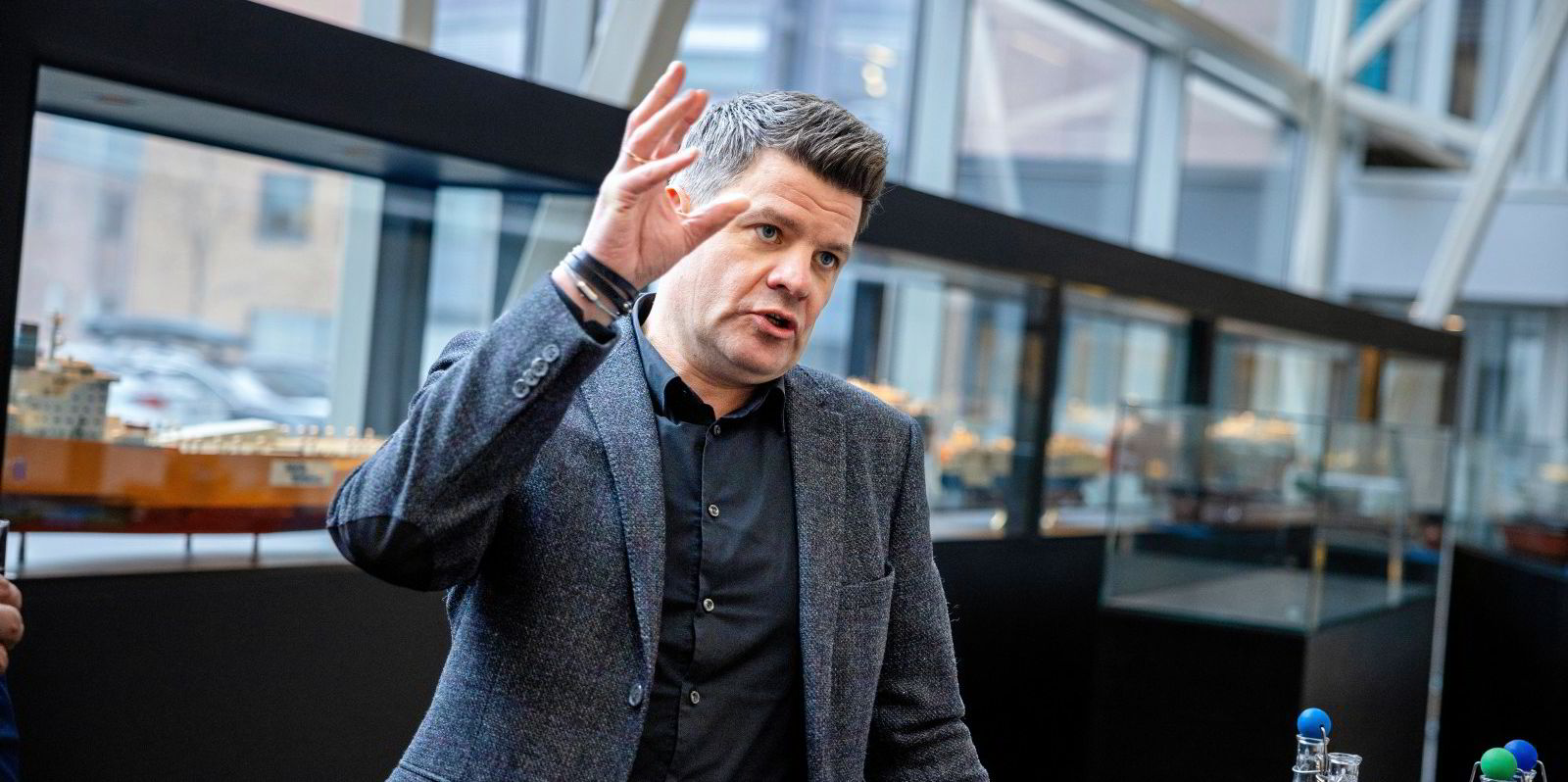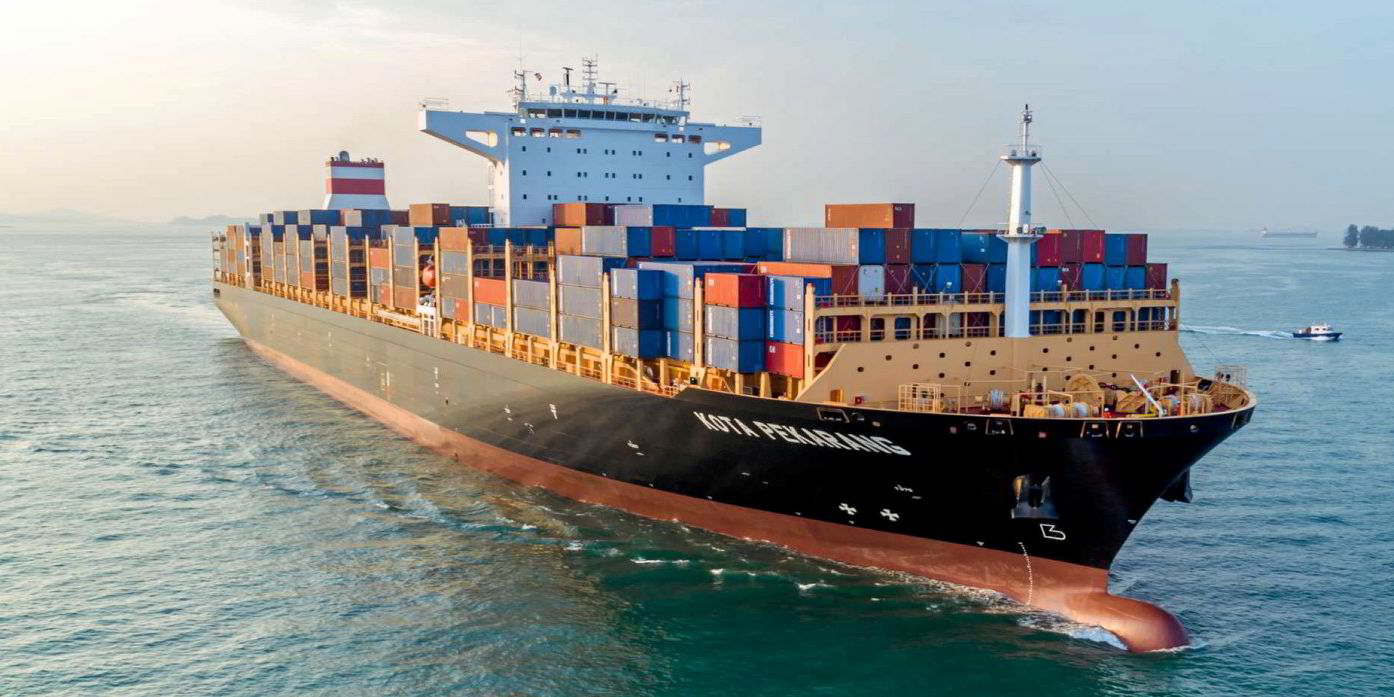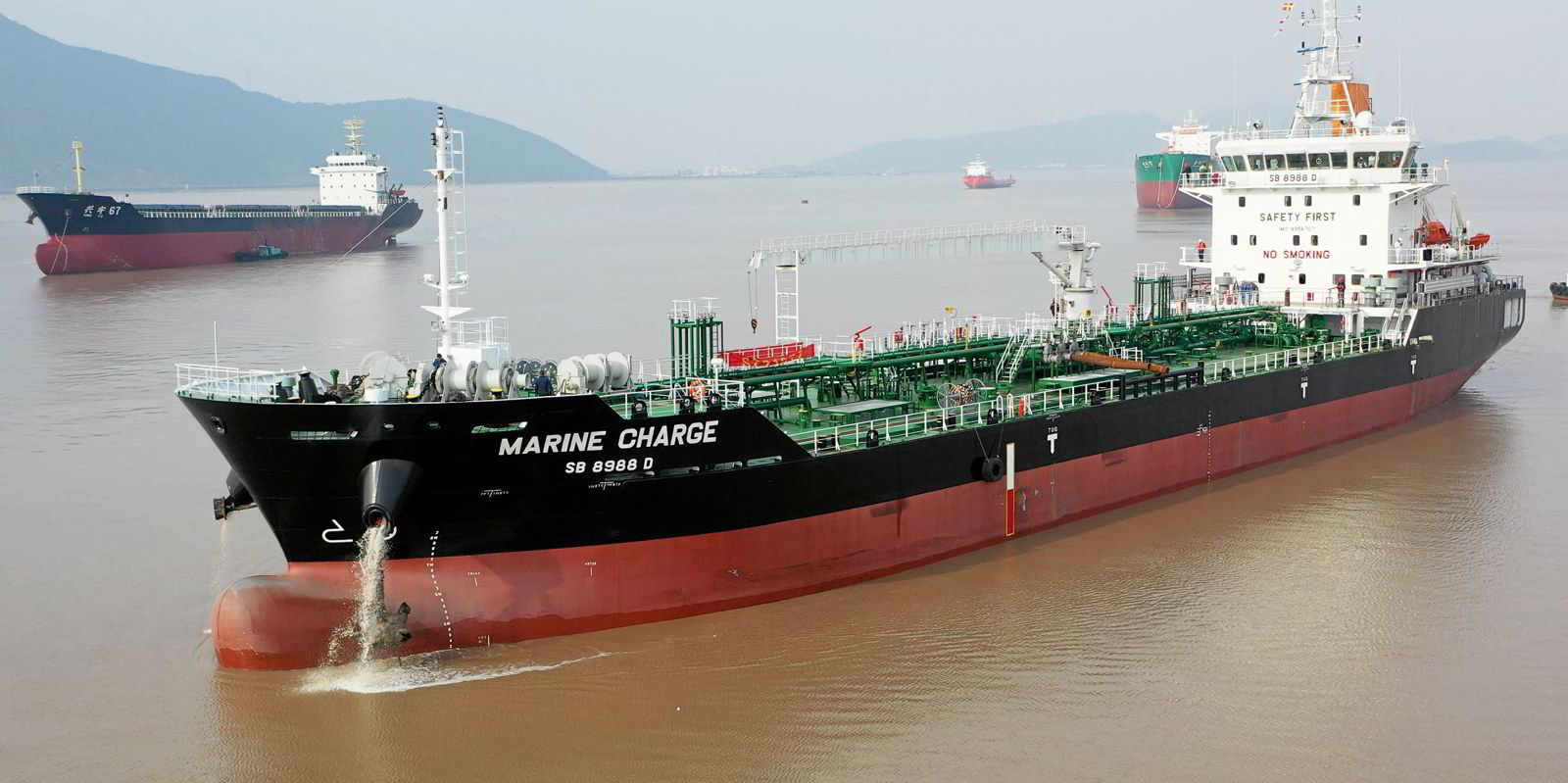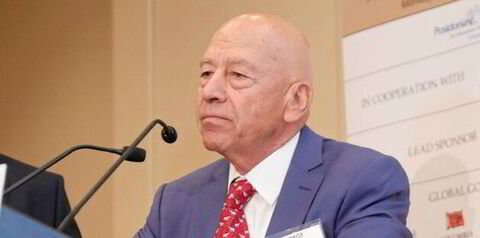Wallenius Wilhelmsen is continuing its push into biofuels, this time in South Korea.
The Oslo-listed car carrier giant trialled biofuel for the first time in the country in late October on the 6,354-ceu Torrens (built 2004) in hopes of creating demand there in the future.
“Despite the growing demand and supply of biofuels around the world, the preparation of biofuels in Korean ports has been somewhat slow,” said Wallenius Wilhelmsen energy sourcing manager Jang Hongseok.
“As Korea is one of our major bunkering ports, stable biofuel supply is essential to secure flexibility of tonnage allocation.”
Chevron-backed South Korean chemical producer GS Caltex provided the fuel — a mix of high sulphur fuel oil blended with bio feedstock UCOME known as B30 — during the Torrens journey from China to the west coast of the US.
Wallenius Wilhelmsen said in its 2022 annual report that it would begin using biofuels this year as a first step towards decarbonisation that will see it transition to methanol within five years and ammonia within 10.
Biofuels are similar to fossil fuel-derived bunkers but are produced using biomass and cut greenhouse gas emissions.
Wallenius Wilhelmsen had bunkered the biofuels several times in Belgium but had not yet trialled them outside of Europe.
The trial comes as the company evaluates both high and low sulphur biofuel blends in Asia. It said the B30 fuel can cut emissions by as much as 25%.
The supply is expected to be tight in South Korea until local authorities establish rules and regulations for the fuel, the company said.
CS Caltex biofuel head Cha Hyungmin described the move as a big step forward.
“GS Caltex has paved the way for developing Bio-Marine Fuels in Korea, and we expect this B30 bio-marine fuel (HSFO) trial with Wallenius Wilhelmsen will be a meaningful step for scrubber installed vessels of global shipping companies to reduce their carbon emissions when calling [at] Korean ports,” he said.





